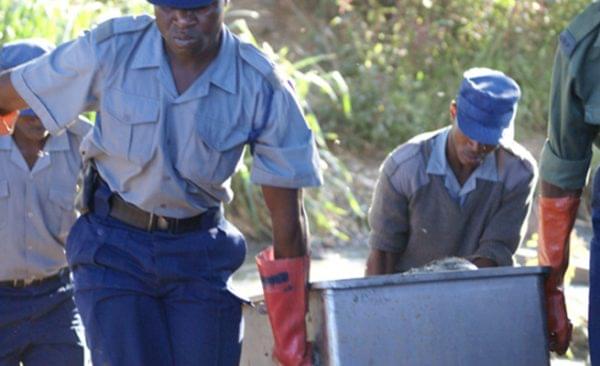Between January and October this year, Binga District in Matabeleland North Province has seen an increase in malaria-related deaths, with 26 fatalities compared to seven during the same period last year. The district has reported a total of 8,840 malaria cases. The Acting District Medical Officer, Dr. Sibonginkosi Ncube, explained that some mosquitoes have developed resistance to the chemicals used for spraying in the previous season, leading to the adoption of more efficient chemicals for this year’s spraying. They aim to spray 95 percent of households to protect families from malaria.
Dr. Ncube emphasized the vulnerability of pregnant women to malaria and its associated risks, particularly in the early stages of pregnancy. Pregnant women with malaria face a higher risk of miscarriages. Binga District has a higher malaria burden compared to other districts in Matabeleland North Province.
To combat the disease, the district plans to conduct indoor residual spraying (IRS) and use a potent chemical that provides protection against malaria for a year. They will also focus on larviciding to eliminate mosquito breeding sites and provide treatment to those diagnosed with malaria.
Community health workers play a crucial role in educating communities about malaria and managing cases. They serve as a local point of contact and facilitate referrals to healthcare facilities when needed.
Dr. Ncube encouraged community members to cooperate with health workers during IRS to protect themselves from malaria-carrying mosquitoes. It is essential to allow health workers to spray their homes during IRS campaigns.
Siansundu Clinic has reported malaria cases, and the clinic’s nurse-in-charge, Mr. Gideon Muzamba, mentioned the challenges of delayed presentation due to traditional healing practices. The clinic has trained village health workers to assist in malaria case management and raising awareness in the community.









